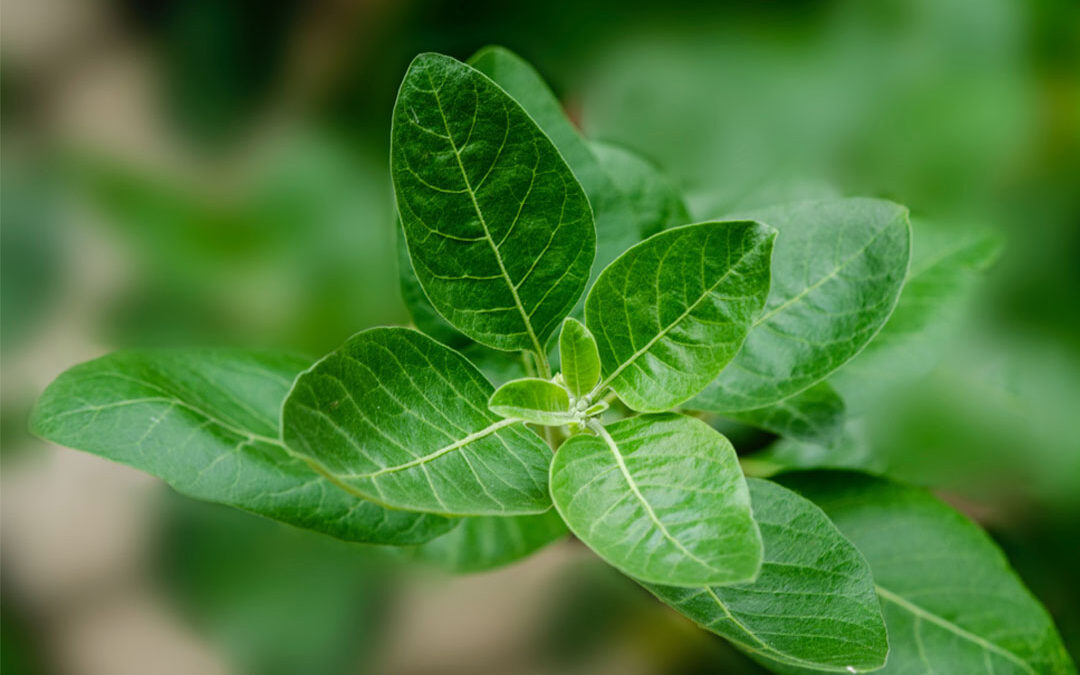Popular Ayurvedic adaptogen ashwagandha is claimed to boost energy and stamina while balancing your mood with its stress-relieving properties.
For instance, one study found that healthy persons who took ashwagandha regularly had lower morning cortisol levels.
The annoying hormone cortisol, which is released when you’re under stress, can contribute to weight gain and interfere with your sleep if you have too much of it.
KEY TAKEAWAYS
✅ You might want to postpone using this fashionable adaptogen until after the birth of your child because there is so little research on the effects of ashwagandha on pregnant women.
✅ The herb ashwagandha has been around and used for a long time in Ayurvedic medicine, and it can be a good addition to your daily regimen.
✅ If you’re curious about the anti-stress effects, keep in mind that there are a variety of alternative techniques for doing so, like exercise, meditation, chatting and joking with loved ones, or engaging in hobbies you enjoy.
✅ Unfortunately, there are no noteworthy findings on female fertility, despite some encouraging outcomes for male fertility.
Is ashwagandha safe to take when pregnant?
So, may ashwagandha be the key to stress-free, mood-balancing days? And is taking it while pregnant even safe? Let’s investigate.
Ashwagandha, what is it?
Withania somnifera, an evergreen plant that grows in India, the Middle East, and Africa, is the botanical name for ashwagandha. It is a member of the nightshade family, just like eggplants, and goes by the names “Indian Ginseng” or “Indian Winter Cherry.” Its root, which may be purchased in powder form, is believed to have a horse-like odor.
Ayurveda is a traditional Indian medical system that has been practiced for thousands of years. In order to help you rebalance, Ayurveda integrates specific lifestyle modifications and natural therapies. It is thought that physical imbalances and stress are the root causes of disease.
Is ashwagandha safe to take when expecting?
Researchers found no harmful effects on the mother or the growing baby in a study with pregnant rats at doses up to 2000 mg/kg/day. Take caution if you have seen any “mother blogs” that discuss the benefits of ashwagandha during pregnancy. Although these mother-to-mother support networks can be beneficial in some respects, they shouldn’t be considered the final word regarding YOUR pregnancy.
It is best to discuss your specific situation with your doctor when it comes to the safety of herbs and other natural medicines. Many medical experts advise against consuming ashwagandha while pregnant because large amounts may cause a miscarriage ashwagandha may exacerbate symptoms in people with thyroid abnormalities, so they should exercise extra caution. While ashwagandha and pregnancy are not well studied, there is some evidence of its effects on stress and even cancer in both animal and human trial nutritional analysis
Does taking ashwagandha when pregnant have any advantages?
As was already noted, little is known about ashwagandha and pregnancy. However, there is research demonstrating favorable outcomes in rats and healthy people. Several publications examined the most recent research investigating ashwagandha’s ability to prevent cancer.
They discovered from these studies that withanolides, which are naturally occurring substances in ashwagandha and have been used for their pharmacologic effects in traditional Ayurvedic medicine for 3000 years, can weaken the inflammatory response and some enzymes involved in the metastatic progression of cancer.
The most common and well-known benefit of ashwagandha supplementation is that it has stress-relieving qualities. In this study, 300 mg of ashwagandha powder was taken orally by healthy adults for 60 days, and the researchers found that day 60’s cortisol levels were 27.9% lower than day 0’s! Stress (and having higher cortisol levels in your blood) might make you more susceptible to headaches or digestive issues, impair your sleep, and make you gain weight.
Can ashwagandha increase a man’s sperm count?
It’s intriguing that several studies on ashwagandha for guys have been performed. Men who used 5 mg/day of ashwagandha root powder for three months had lower levels of stress and higher-quality sperm, according to a 2009 study. Three further trials found that the ashwagandha administration significantly increased male fertility
Exist any possible negative effects?
An analysis of 69 human research found no significant negative effects of taking ashwagandha orally. There were only a few, brief, and transient side effects, such as slight sleepiness and mild gastrointestinal discomfort.
They discovered no adverse effects months after using this adaptogen in addition to those results. But bear in mind that these findings came from non-pregnant people.
What is ashwagandha used for?
Blending ashwagandha with smoothies or other hot beverages is very popular. Your adaptogenic beverage is available for consumption throughout the day. You might want to test it at night because of the previously mentioned potential adverse effects of sleepiness. You can also sprinkle it on top of the dish you prepare without changing the flavor.
So long as you don’t use more ashwagandha powder than a teaspoon. Alternatively, if your doctor gives the go-ahead, you (or your partner) can take it as a capsule while trying to get pregnant.
